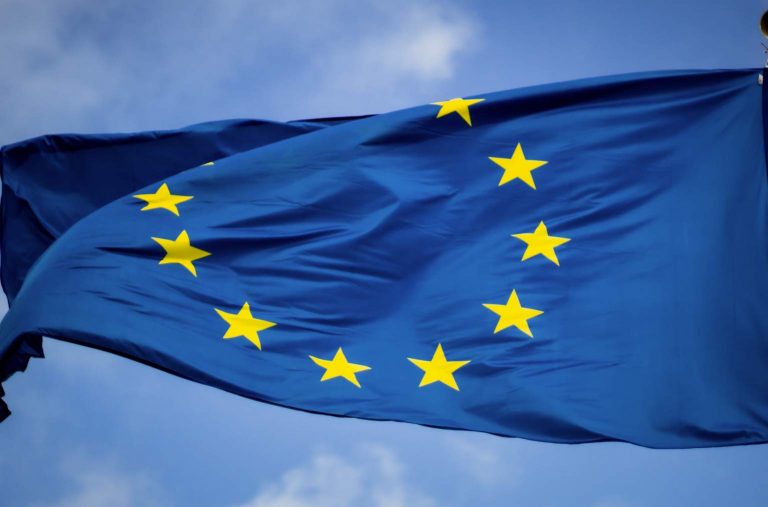
Morning Brief – Bonus Season
Yesterday afternoon’s charismatic speech by Chancellor Rishi Sunak in the House of Commons was peppered with bellows of “hear hear” from PM Johnson from the front bench. The Chancellor had built up a bit of a reputation for under promising and over delivering in the past few months of his trial-by-fire ministerial appointment. Yesterday, however, saw roughly what the market was anticipating in terms of the fiscal support pledged from the dispatch box. The tone from the Chancellor changed the gear of the fiscal response from emergency support to durable progress and recovery, paving the way for a normalisation in employment conditions, consumer spending and investment. At the core of his mini-budget/fiscal pathway was a plan to retain jobs. Straight from the Ben E. King school of speech writing, the Chancellor told the United Kingdom yesterday: If you stick by your workers, we will stand by you.
The chancellor yesterday continued with the planned phasing out of the job retention scheme and instead came up with the job retention bonus. The scheme will offer employers £1,000 for every worker brought back from the furlough scheme until the end of January. With just shy of 9.4 million furloughed workers in the United Kingdom, the pledge could, unsurprisingly, dent the coffers by as much as £9.4bn. Far from cheap but only a fraction of the cost of continuing the scheme for another few months.
The will-he won’t-he of yesterday’s announcements surrounded VAT cuts. There were rumours that were subsequently downplayed of a cut to VAT with commentators wondering, would it be in specific sectors, across the board, by how much and for how long. In the end, the Chancellor has chosen to cut value added tax for hospitality and tourism from 20% to 5%. The projected cost for this scheme is £4.1bn. Mind out those who spent their £32 on drinks last weekend: the cut excludes booze!
Another big hitter in Mr Sunak’s arsenal yesterday was a cut in stamp duty. The measure should leave the tax bill for moving home £4,500 less on average across the UK until April 2021. The bean counting is becoming increasingly tricky here as you have to consider how the impact of the stamp duty reduction will change the volume of housing transactions, but the projection is for a £3.8b loss to government revenue.
The additional measures introduced were: a £500m eat out to help out scheme; a £2.1bn Kickstart scheme, Traineeship bonuses; £3.1b in green economy funding; and 1.6bn for work coaching. The final bill came in at an estimated £30bn. Take a look at the list above. These are all schemes designed to influence the decisions and activity of economic actors. The schemes above frequently encourage consumer spending by promising to replace it with government spending. The measures appear great for an economy emerging from a pandemic, but they do assume that a stable path towards social and economic normalisation is possible. If a second spike in infections and a toughening of lockdown restrictions is reintroduced then the measures could prove to be on the shallow side. The Chancellor therefore is not out of the woods yet.
The market initially responded warmly to the Chancellor’s statement following a shaky start to the European session. The speech didn’t secure lasting support for the GB Pound that concluded yesterday’s session flat on a trade weighted basis. The decision not to extend the furlough scheme past the current deadline of October reinforced a positive sentiment in the UK’s ability to cope with the virus without extraordinary measures. However, the Pound will be increasingly vulnerable if there is a second spike in infections that jeopardise the degree of economic and social normalisation we have seen in the past few weeks. The Pound tested and failed to break an important resistance level at 1.26 versus the US Dollar yesterday. Encouragingly, versus the Euro, the Pound has managed to break through the bearish trend resistance it has been subject to since late April’s peak in GBPEUR. Positive sentiment has pushed the Pound higher this morning and, if Brexit and Pandemic developments are willing, Sterling could be set to retest mid-June’s highs.
Discussion and Analysis by Charles Porter

Click Here to Subscribe to the SGM-FX Newsletter
Related Insights

Daily Brief – Sterling
Sterling No sooner had the financial press written that Sterling was on the skids due to the Chancellor being on the way out, than PM Starmer woke up to the need for some TLC for his beleaguered Chancellor and executed a handbrake turn to administer some gruesome bedside cheer to the apparently on life support […]

Daily Brief – EU Inflation
EU Inflation With the ECB annual symposium meeting in sunny Sintra, Portugal, inflation is very much on President Lagarde’s mind ; that is because it is showing signs of rising with the monthly inflation rate showing an increase of 0.3% and that presages a break above the target 2% rate just as she and her colleagues […]

Daily Brief – Gold
Gold With Gold accounting for the second highest proportion of Central Bank reserves after the USD and the mood music shifting to it assuming a greater influence on future reserves management, it is worth looking at the numbers behind that. In the 1960s, Central Banks held the highest amount historically of 38,000 tons of gold. […]



 Humphrey Percy
Humphrey Percy